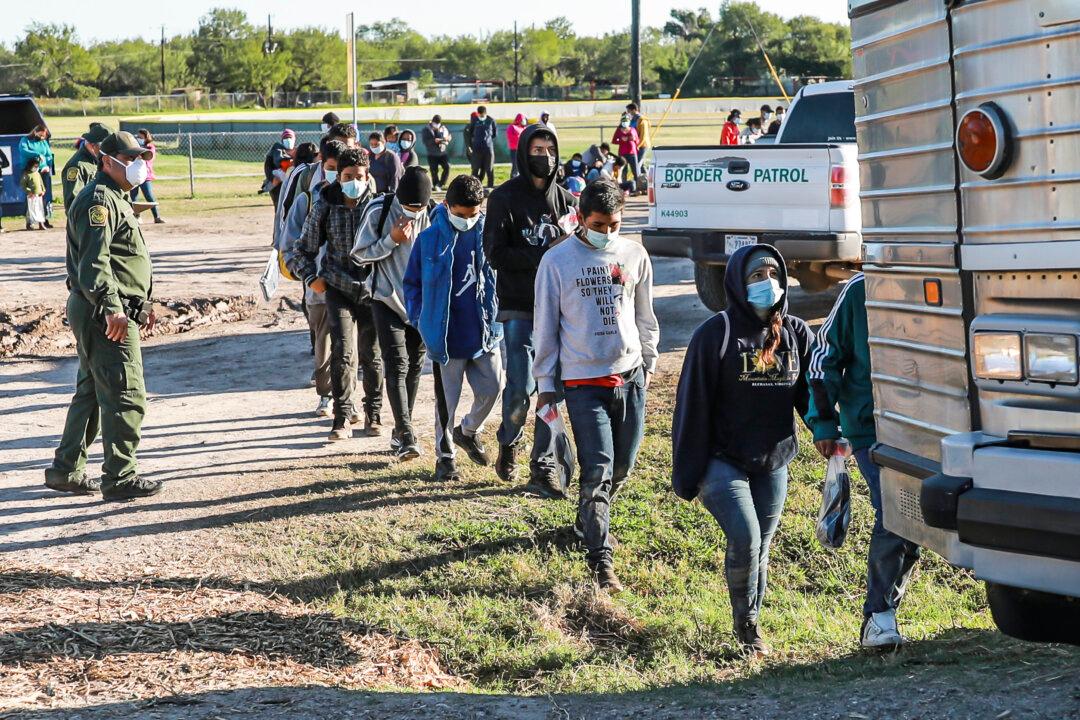A Catholic organization questioning another Catholic organization’s involvement with moving illegal immigrants sick with COVID-19 into the United States filed a lawsuit earlier this month in Texas federal court.
CatholicVote and conservative watchdog group Judicial Watch filed the federal lawsuit based on two denied Freedom of Information Act requests made to the U.S. Department of Health and Human Services and the Department of Homeland Security.




